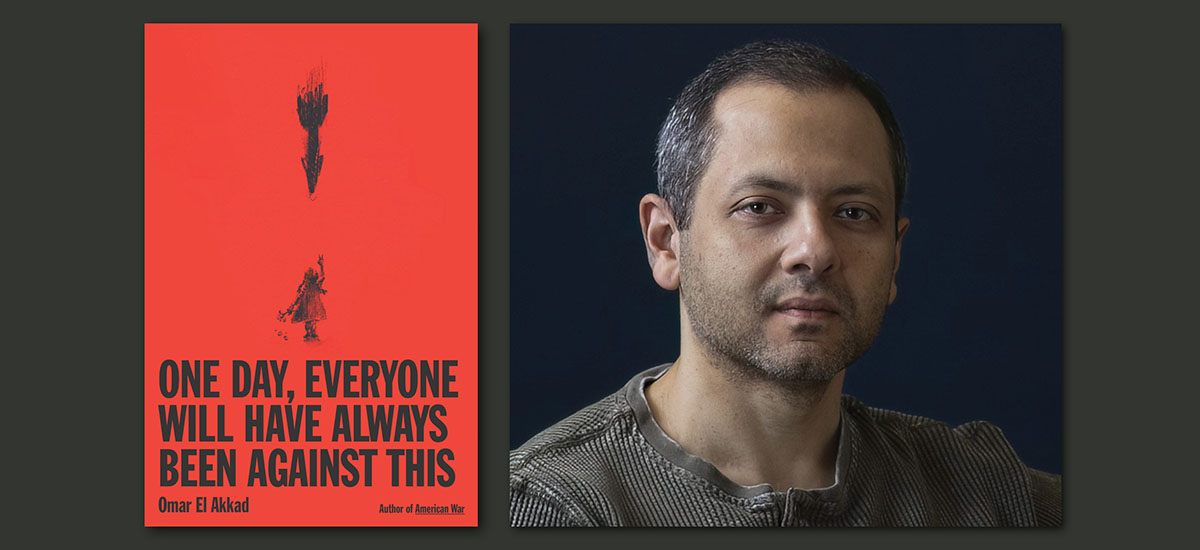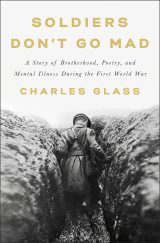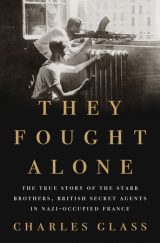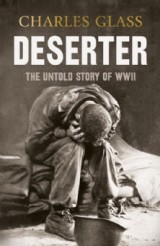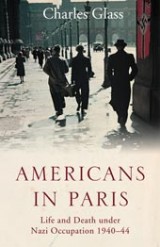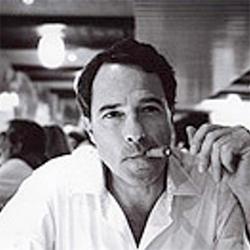A History of Modern Syria — the people at the heart of their own story
Financial Times | 29th January 2026
Daniel Neep’s excellent account corrects the traditional narrative to show a nation surviving and resisting the powers that have vied to dominate it. Syria is as ancient, and as complex, as civilisation itself. Lying between antiquity’s great empires of Egypt and Mesopotamia, it functioned as a bridge, sometimes a wall, between them. Rarely a conqueror, it adapted over millennia to invaders from all points on the compass: Egyptians, Sumerians, Hittites, Babylonians, Persians, Greeks, Romans, Byzantines, Arabs, Crusaders, Mongols, Turks and French. All left indelible marks despite their ephemeral presence. On seeing Syria’s historic capital, Damascus, in 1867, Mark Twain reflected, “She has looked upon the dry bones of a thousand empires, and will see the tombs of a thousand more before she dies. Though another claims the name, old Damascus is by right the Eternal City.” It was only in 1946 that Syria, albeit in truncated form, governed itself after…
Read more →Imperial graveyard: the sufferings of Afghanistan, and of those who invade it
Times Literary Supplement
Afghans may wonder why foreigners repeatedly invade their country before, invariably, scrambling for the exit. In 1842, the massacre of a retreating British army that had conquered the country four years earlier should have prevented Britain from trying – and…
To Resist Injustice in Gaza and the Wider World
LA Progressive
Too many seek refuge in propaganda that what is being done to Palestinians is necessary. Egyptian-born Omar El Akkad had studied in the United States and been 10 years a journalist when, in the summer of 2021, he became an…
In the “New Syria,” violence and high hopes
CSI
Since I left Syria last January, Alawi and Christian friends have sent me almost daily messages about killings, beatings, house break-ins, threats and intimidation. When the dictator was overthrown, Syrians hailed the new leader with such fervor that they lifted…



